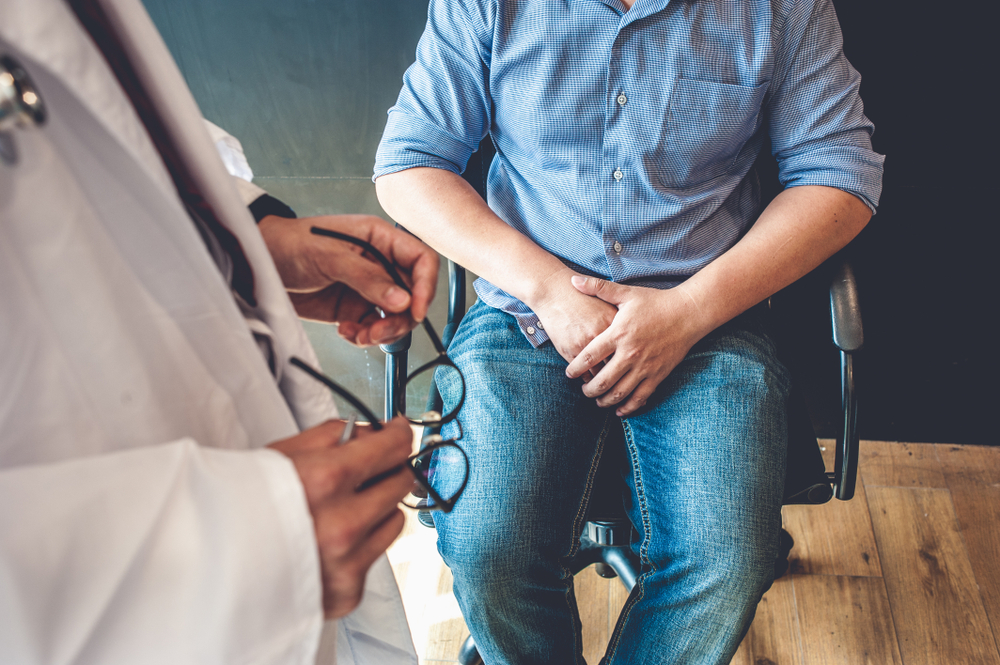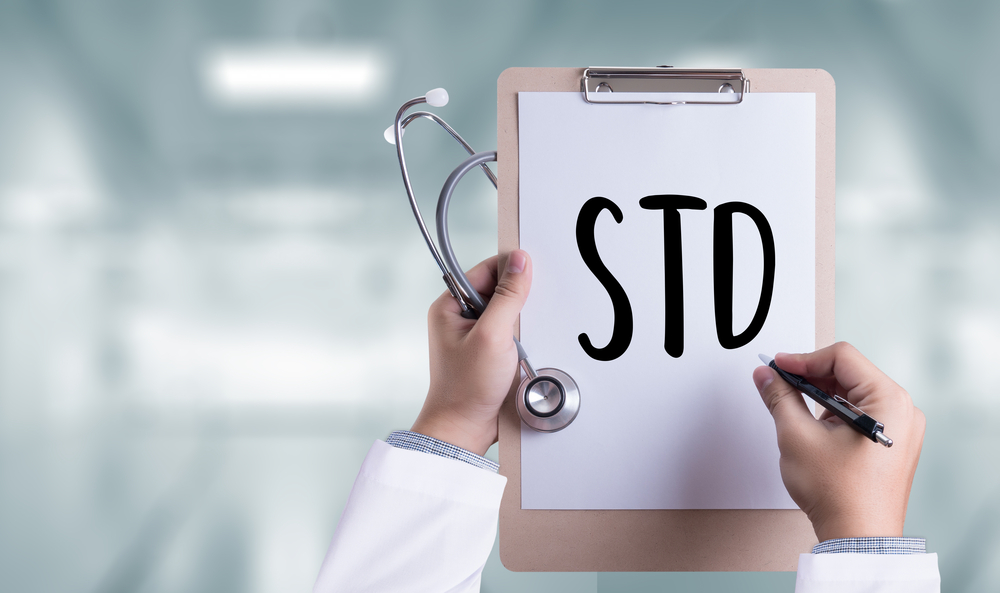Getting an erection can mean life and death to a man. When you cannot get your penile functions in order, other triggers set in your life, you may suffer low self-esteem and get a severe erectile dysfunction. Out of the several things that may cause erectile dysfunction, today, we will look at the effect of sexually transmitted diseases. Can a sexually transmitted disease cause a man not to get hard? We will endeavor to get to the bottom of it.
What is an erection?
It is the hardening of the penis when a man gets arousal ready for sex. It is sometimes known as getting hard. When a man gets arousal, the body pumps blood into the penile arteries. The blood inflates the penis and expands its size. In the process, the penile tissues become harder than usual to effect good penetration during intercourse. Apart from the blood, the prostate gland also aids in the sexual functions of a man. It helps control the ejaculation and control of the bladder during sex.
Sexually transmitted diseases
These are diseases that pass over from one person to another through sexual intercourse. They first manifest in and around the genitals. Later they may affect the other body organs depending on the type of bacteria or virus. The most common sexually transmitted diseases are viral and bacterial. They include human papillomavirus, HIV, herpes, and hepatitis. The bacterial infections are syphilis, chlamydia, and gonorrhea. Whereas the viral infections attack the other body parts, the bacterial infections stay in the genitals. They tend to attack organs that aid the reproductive system of a man.
It is difficult to know if you have an infection until the clinical manifestations occur. The symptoms of most bacterial infections appear around the genitals. They include rashes, penile discharge, painful urinating, and blockage of the scrotum passages. It usually takes about four days for the initial signs to appear. By this time, the damage of the organs is already ongoing. With a proper diagnosis, the infections can be reversed completely.
Erectile dysfunction

Researches show that sexually transmitted bacterial infections can attack your genital tract. When this happens, your urethra gets an infection. Even if the bacteria do not get to your prostate, the damage is still severe. The bacteria cause blockages or inflammation to the arteries. During sexual arousal, your body fails to pump enough blood to the penile arteries. The lack of enough blood to the penile tissues causes the penis to have a soft erection.
If you do not get a quick diagnosis and treatment, the damage can be severe. Since the symptoms become evident after days, the organs usually suffer damage without your knowledge. Thus, get proper treatment from a doctor. After the treatment, go back for checkups to confirm that all the organs are in order. If the confirmation comes early enough, the reproductive organs will be safe from damage.
Sexually transmitted diseases and the prostate
The prostate gland is responsible for some functions of the penis during the process of sexual arousal. When you get a sexually transmitted bacterial disease, the infection can get to the prostate. In fact, the bacteria gain access to the prostate through the bloodstream. As the prostate gland becomes weaker, so does your reproductive system. The prevalent sexual infections that damage the prostate are chlamydia and gonorrhea.
With a defective prostate, you will gradually decrease your erection strength. Infections in the urinary tract and blockages in the scrotum may lead to painful erections. It, in turn, inhibits your urge for sex. Physically, you will be getting less and less stronger erections until the body loses its sex drive. It is good that once you get a sexually transmitted disease infection, see a doctor immediately. Discuss with your doctor the implications of the secondary infections to other body organs. If possible, get the medication of the secondary infections.
Remedies for sexually transmitted disease erectile dysfunction

When you do not get hard due to a sexually transmitted disease, you need to see a doctor. The apparent concern should be secondary damage affecting your penile functions. The doctor should be able to diagnose if the damage is curable through simple medication or surgery. Whichever the case, discuss all the repercussions with your doctor. When the urologist discovers the root cause, the treatment should start immediately. The longer you stay with your problem, the more damage happens to your sexual organs.
Another avenue to address the lack of getting hard after a sexual infection is talking to your partner. Most likely, your partner harbors a concern about your condition. Since men do not like to talk about it, women also tend not to hurt the masculine ego. Initiating a dialogue will help you get better psychologically.
Conclusion
It is almost a taboo to talk about having a sexually transmitted infection. The silence gives room for the victim to continue suffering without medication. People opt for over the counter self-medication. That may treat the symptoms but leave any other underlying secondary infections. Indeed, a sexually transmitted disease can cause you not to get hard. But with proper medical attention, you can get out of the erectile dysfunction.
Increase Your Testosterone Levels with Testosterone Boosters
Male UltraCore is a premium testosterone boosting supplement that is designed to maximize test levels, increase your performance and drive, and give you harder and fuller erections. 





